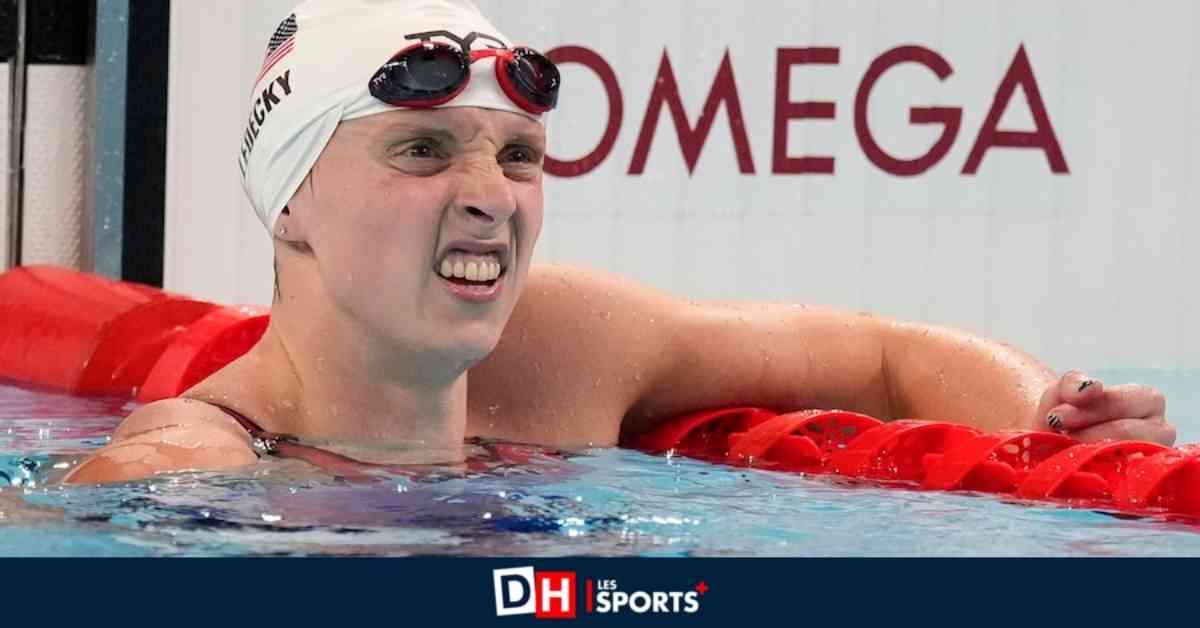The Olympic pool, located at Paris La Défense Arena, seems to have put a damper on world records. This has been the hot topic among swimmers and observers since the start of the swimming events on Saturday. Surprisingly, no world records have been broken even though the swimmers have been giving it their all in the pool for three days now. Only two best world performances of the year have been erased from the records (Léon Marchand in the 400m individual medley final and Jiayu Xu in the 100m backstroke semi-final). Two theories are being debated to explain this phenomenon: the first one suggests that the pool is too shallow and therefore slow, while the second theory is more psychological and sport-related.
« Frankly, it’s not very deep. Not enough, » said Spanish swimmer Hugo Gonzalez, echoing the sentiments of many other swimmers who feel that the pool is not up to the standards of the World Aquatics Championships. While the pool at La Défense Arena is 2.15m deep, slightly deeper than the standard 2m depth, many swimmers feel that it is still not deep enough. Seven-time Olympic champion Katie Ledecky also expressed similar concerns about the depth of the pool.
The CEO of Myrtha Pools, the Italian company that built the pool, defended the depth of the pool, stating that there are no technical issues with it. However, some swimmers believe that a lack of depth can affect their performance. Olympic champion Alain Bernard explained that more turbulence in the water could lead to slower speeds and less chance of breaking records. Compared to previous Olympic pools that were around 3m deep, the Paris 2024 pool is more than 80cm shallower.
While some believe that the issue lies in the depth of the pool, others argue that it is more of a training and preparation issue. Denis Auguin, the coach of the French national team, pointed out that swimmers had five years to prepare for Tokyo compared to only three years for Paris, along with multiple international competitions in between. Bob Bowman, Léon Marchand’s coach, mentioned transportation and training time as potential factors affecting performance, but acknowledged that the pool depth could also play a role.
As the debate continues, only time will tell whether the pool depth is truly affecting the swimmers’ performances. In the meantime, it’s important to remain cautious and vigilant, as the saying goes: still waters run deep. The coming days will likely shed more light on the ongoing discussions surrounding this unique swimming pool at Paris 2024.

